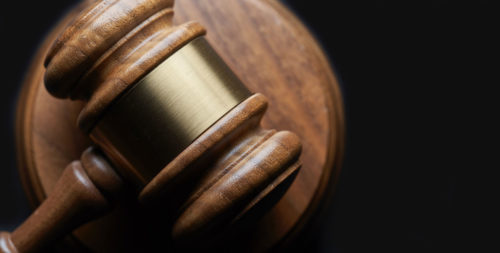Being involved in a road accident is nothing less than a nightmare for a driver. Whether it be a minor bump or fatal accident, these accidents can bring sincere trouble for the involved parties. An auto accident usually involves financial and legal aspects alongside the physical damage to the vehicle. But these can be further exacerbated with personal injuries and psychological effects.
In case of accidents, that includes any sorts of considerable damages, legal interferences are necessary and are aimed at compensations and holding someone accountable for the accident. While most of such accident cases are resolved with the parties coming to a mutual settlement without going to trial; a fair share of them doesn’t. Here’s everything you must know about the trial cases.
Reasons to go for trial
- When talking settlement, either of the parties feels that the compensations are unfair or that they cannot mutually agree upon the settlement terms.
- When the involved parties cannot agree on who is at fault for the accident. This would mean that it becomes taxing to decide who compensates who and by how much.
- The insurance companies are usually looking for a way out of paying compensations or huge sums. Therefore, they would always be pushing for lower settlements. If yours or your counterparty’s insurance company is not agreeable on the proposed settlement amount or doesn’t agree that their party is not accountable for the accident, the matter goes to trial.
Now that you are taking things to the court, it is all about getting ready for the trial and winning this thing. Taking things to trial isn’t as easy as it sounds, rather this in itself is an overwhelming process with too many variables in play. It is always beneficial to have a seasoned legal professional to represent your case. If you’re looking to file a case or facing a trial, reach out to Naqvi Law for a consult and best representation.
Here’s what you should be expecting and must prepare for.
- Filing a request for a trial at the court
This is the first step, where the involved parties or their representatives file a motion with the court, where it is decided if the case is eligible for a trial. If the court agrees to grant the trial request, a trial date is set.
- Preparing for the trial
Once the date is set, the next step is to build your case and be prepared. This involves setting your story, gathering evidence and witnesses, preparing for the questions and whatnot.
- Jury selection
This is the process where the judge along with the legal counsel/ representatives select members of the jury. This often includes interviewing the members to ensure there is no bias and to ensure a fair trial
- Next comes the opening statements
Each side of the trial presents their cases to the jury, justifying their sides and arguing why their side is right.
- Presenting the case
Both the plaintiff and the defendant present their cases along with proof and witnesses to justify their claims.
- Closing arguments and verdict
After the trial, both sides present their closing arguments. Both attempting to move the jury and the verdict in their favor. And the trial is closed with the jury their verdict on who is responsible for the accident and decides on the compensations.
Fighting and preparing for trials can be an exhaustive task while putting too much at stake. And you need the best representation to win it.

